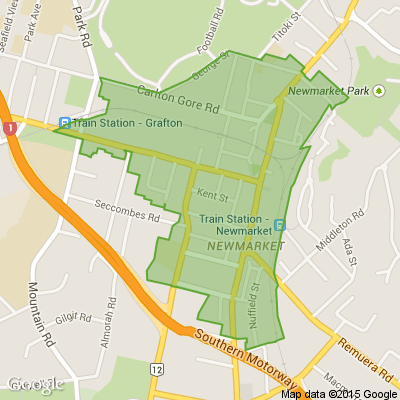Awesome moon a good reminder to savour the good things!
Hi Neighbours - Wow did you see the moon last night – I stood outside and watched it come up and life was good. It pushed away all the thoughts of washing and dishes to be done!! I remembered neuroscientist Rick Hansen’s advice to really savour any pleasant experience. He says the brain is like Velcro for negative experiences, but Teflon for positive ones – we remember negative things more easily than positive things.
He suggests that we ‘tilt towards the good’ in order to level the playing field. He says if we spend time savouring and enjoying a good experience, more neurons fire and thus wire together, actually changing our brains for the better. So to balance out the challenging times, see if you can "Take in the good" to even things out.
Mindfulness practice helps build up this way of being. Come and soothe body and mind with a small group for a gentle mindfulness session of ease and peace next week. Session includes gentle movement and relaxing simple meditation.
The next one is on Tue 5th of September 1 - 2.15pm. Come and see what it is like! Contact me - the first session free, then Koha welcome. Ongoing first Tuesday of the month.
Click Read More to find out more about what I do - I also offer one-on-one sessions and custom courses for group bookings.
www.everudkinmindfulness.co.nz...
Take care - Eve

Poll: Should the government levy industries that contribute to financial hardship?
As reported in the Post, there’s a $30 million funding gap in financial mentoring. This has led to services closing and mentors stepping in unpaid just to keep helping people in need 🪙💰🪙
One proposed solution? Small levies on industries that profit from financial hardship — like banks, casinos, and similar companies.
So we want to hear what you think:
Should the government ask these industries to contribute?

-
59.6% Yes, supporting people is important!
-
26% No, individuals should take responsibility
-
14.4% ... It is complicated
A Neighbourly Riddle! Don’t Overthink It… Or Do?😜
Do you think you know the answer? Simply 'Like' this post if you know the answer and the big reveal will be posted in the comments at 2pm on the day!
If you multiply this number by any other number, the answer will always be the same. What number is this?

Have you got New Zealand's best shed? Show us and win!
Once again, Resene and NZ Gardener are on the hunt for New Zealand’s best shed! Send in the photos and the stories behind your man caves, she sheds, clever upcycled spaces, potty potting sheds and colourful chicken coops. The Resene Shed of the Year 2026 winner receives $1000 Resene ColorShop voucher, a $908 large Vegepod Starter Pack and a one-year subscription to NZ Gardener. To enter, tell us in writing (no more than 500 words) why your garden shed is New Zealand’s best, and send up to five high-quality photos by email to mailbox@nzgardener.co.nz. Entries close February 23, 2026.







 Loading…
Loading…